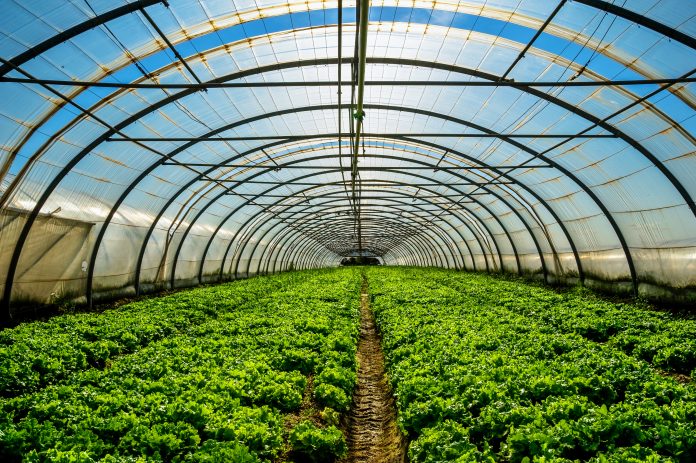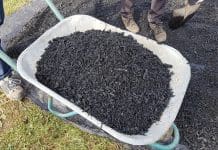A new Nature‑published review led by Aberystwyth University shows how AI, genome editing, protein design and high‑throughput phenotyping can fast‑track climate‑resilient crops production
In a groundbreaking international study led by Aberystwyth University, scientists highlight how artificial intelligence and cutting-edge biotechnologies are transforming crop development. By combining advanced genetic tools with high-throughput analysis, researchers aim to accelerate the creation of crops that can withstand the challenges of a changing climate, ushering in a new era of sustainable agriculture.
Creating sustainable and resilient crops with technology
Crops are vital for food, clothing and other essential products for the global population. However, growing populations have increased the crop production demands, meaning that substantial improvements are required in crop yield, quality and production sustainability. Several environmental factors and limited genetic resources have also been identified.
An international team of researchers from China, the USA, and Europe have created a roadmap for integrating AI with genome editing, protein design, and high-throughput phenotyping and omics technologies, which analyse the genetic and chemical makeup of plants. The researchers believe that using these technologies would accelerate productive, sustainable and climate-resilient crop production and could lead to domesticating new crops.
Professor John Doonan, Director of the National Plant Phenomics Centre at Aberystwyth University’s Institute of Biological, Environmental and Rural Sciences (IBERS), said: “Think of it like designing and building a bridge. We now have the tools to engineer crops with similar precision — combining biological insights with AI to build plants that can withstand drought, disease, and other stresses.”
The researchers emphasised the foundational role of modern omics technologies in creating a paradigm shift in crop breeding. Omics technology offers unprecedented insights into the genetic and biological mechanisms influencing crop traits, while revealing precise new targets for trait improvement. HTP technologies, such as drones, sensors and automation platforms, enable rapid and accurate phenotypic assessments crucial for linking genotypes to phenotypes and identifying valuable genetic variations.
The researchers spotlight tools for crop improvement, such as CRISPR-based genome editing, which allows for efficient and precise genome modification, significantly reduced breeding cycles and enables rapid creation and stacking of desirable crop traits.
AI can support the agriculture industry
The researchers highlighted how AI can significantly enhance agricultural practices by predicting the most effective combinations of genes for improving yield, nutritional quality, and stress tolerance in crops. Additionally, AI technologies have the potential to design novel proteins that can boost plant defences and overall performance, as well as integrate highly complex datasets to facilitate smarter and faster breeding decisions.
In particular, the research team focused on proposing an integrative “AI-assisted crop design” model, which would leverage AI to analyse multimodal big data derived from genomes, phenotypes, environmental conditions, and various agricultural practices. This innovative approach would enable crop breeders to clearly define specific goals, such as increasing yield or developing greater stress tolerance in plants. Subsequently, the AI system would generate optimised, technically actionable breeding strategies through advanced deep learning algorithms and knowledge inference methods. By utilising this cutting-edge technology, breeders could make more informed decisions that would ultimately lead to improved crop varieties and agricultural sustainability.
Professor Doonan added: “This is about building resilience into our crops from the ground up. By uniting AI with cutting-edge biotechnology and sustainable farming practices, we can future-proof food production for generations to come.”











